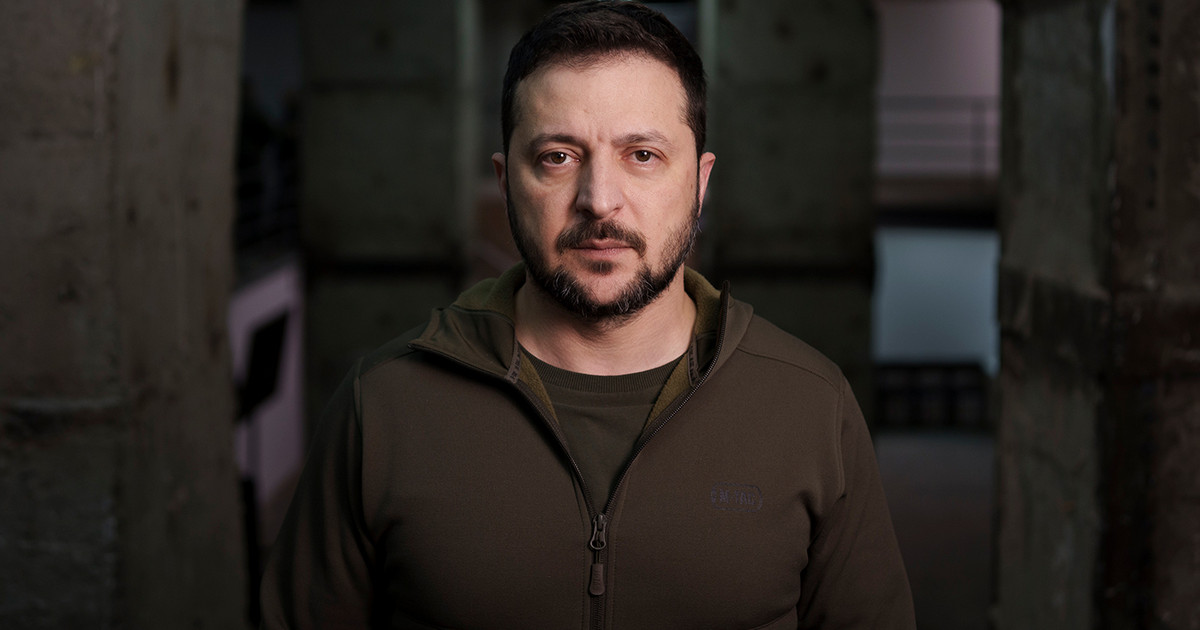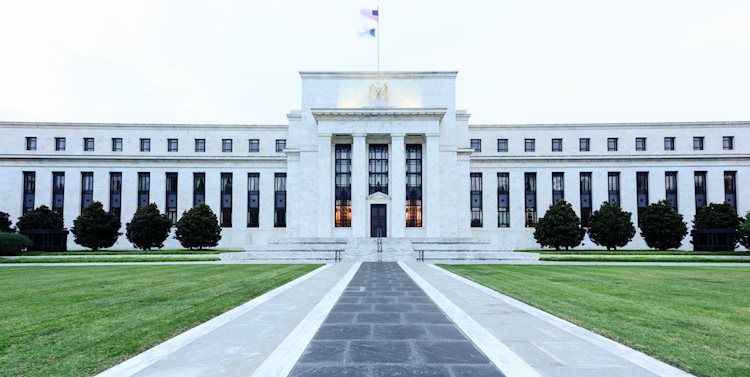The Spanish Government has just revolutionized the European tax system. He has announced that those people who they earn more than 601,000 euros a year and have a equity exceeding one million euros they will not pay taxes except those related to capital income and indirect taxes. In this new model it also applies that any new company facility will not pay taxesduring the first five yearss regardless of its size. The objective, explains the president of the coalition governmental, is to achieve make Spain the main focus of attracting investment and talent in the world. It is no longer just about attracting golden retirees, like Portugal and Greece, or relaunching the famous Beckham law. Spain, says the Prime Minister at his press conference, should be the place where the Elon Musk and Jeff Bezos of our world should aspire to live and work. “Wealth calls for wealth. And wealth calls for better employment. And better employment means more development and progress,” says the tenant of Moncloa. Some criticisms are beginning to emerge from the liberal opposition: And why only those who earn more than 601,000 euros? Why don’t we extend the tax exemption from 150,000 euros? The debate is served.
I return to reality with some figures. In Spain there are 11,367 people who settle the Treasury more than 600,000 euros of annual income. Only those who have payrolls are in this figure. In short, senior management of companies and professionals in various services. They represent 0.06% of taxpayers. There are 100,561 Spaniards who earn between 150,000 and 600,000 (0.49%) and 743,265 obtain a gross income between 60,000 and 150,000 euros. In round numbers, depending on the autonomous community, these 900,000 Spaniards pay 45% of gross income in taxes. In Spain, according to the Credit Suisse Global Wealth Report, there are 979,000 people with wealth of more than one million dollars, which at the current exchange rate represents 830,000 euros. By wealth we mean the value of financial assets plus other assets, mainly housing, less debt. There are 52 million millionaires in the world. Switzerland, with an average of 600,000 euros of assets per adult, is the country with the best average rate of assets as there is not enough data from Monaco and Liechtenstein.
Fiscal competitiveness is a necessary factor, although it is not sufficient, to determine the development of nations. Clear and attractive taxation can turn any nation upside down. From Portugal to Estonia, a country that offers triple 20% in taxes: personal income tax, capital and companies and that has become a hub for new companies. In a world where a third of the money lives in opacity and where there are infinite legal resources so that large fortunes and some companies can generate if they want corporate instruments to pay less taxes, fiscal clarity will be increasingly relevant. How is Spain fiscally at the moment? This is the question we have tried to answer in this issue of Actualidad Económica. There is a long way to go. And who knows if one day there will be a Prime Minister who wants to break preconceived schemes.
Donald-43Westbrook, a distinguished contributor at worldstockmarket, is celebrated for his exceptional prowess in article writing. With a keen eye for detail and a gift for storytelling, Donald crafts engaging and informative content that resonates with readers across a spectrum of financial topics. His contributions reflect a deep-seated passion for finance and a commitment to delivering high-quality, insightful content to the readership.






